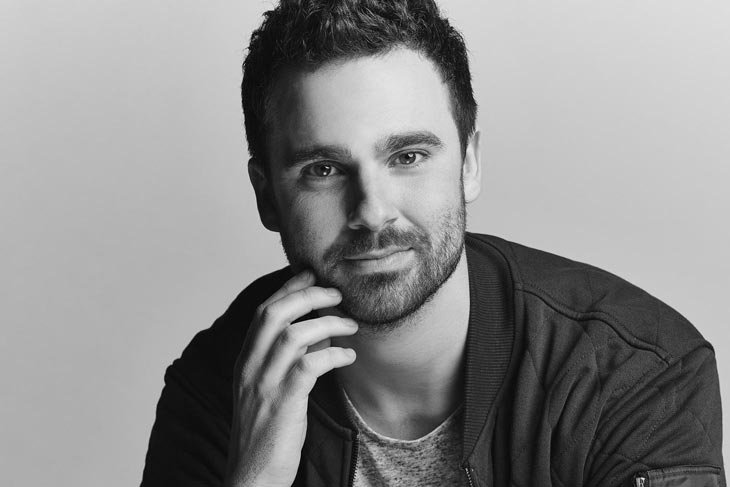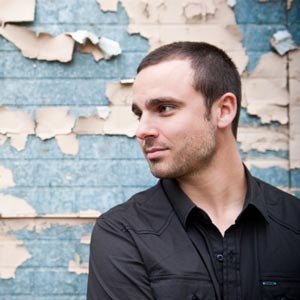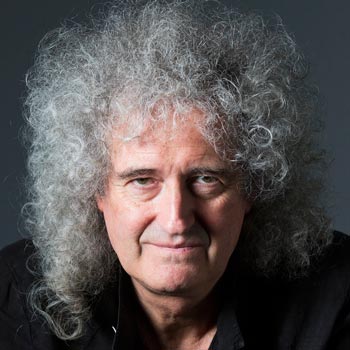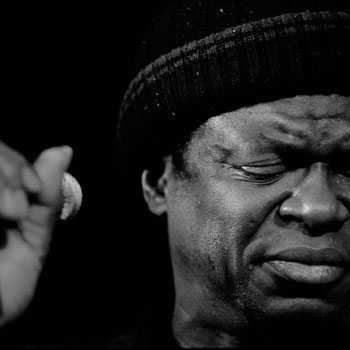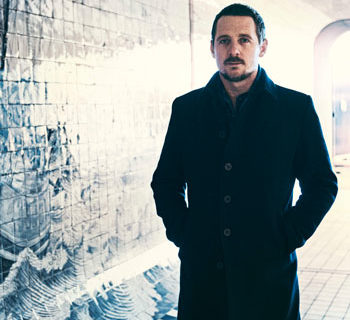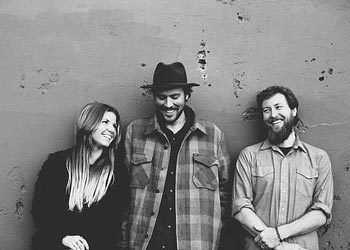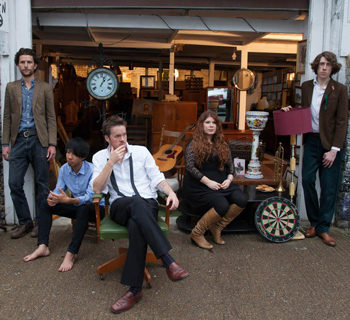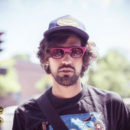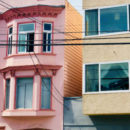Jackson Michelson— 7 Questions
Jackson Michelson’s feel-good attitude and uplifting songwriting are infectious. Growing up in rural, farm country Oregon, he’s crafted a sound that merges simple and honest country songwriting with the laidback beach-culture of the left coast.
The past few years have seen Michelson arouse the adoration of Pacific Coast country lovers, selling out shows to loyal and hard-earned fans and opening for the likes of Lee Brice, Blake Shelton, and Frankie Ballard. Now established in his home base, he’s taken his high-energy performing to Music City to sing about the good life.
You’ve just dropped the Boys Will Be single, can we expect a full-length album in the near future?
Jackson Michelson: Actually, this Friday (June 17th) we’re releasing a six-song EP to iTunes and Spotify, and it’ll be available everywhere music is. The CDs—the EP—will be for sale at live shows as well. So, really excited about that, and, yeah, we have six more tunes waiting to release after we get a single out to radio.
Coming from small-town Oregon, how was the transition to Nashville?
JM: Man, I think it’s actually really funny. I was expecting the South to be just a completely different culture to live in—and it is, in one sense—but Nashville really, surprisingly feels a lot like Portland, with the musician culture and the creative culture, and it’s very supportive of anything creative, and there’s a lot of craft breweries. It definitely feels a lot like the Northwest. It’s been a really cool transition for me and my family, and we absolutely love it.
You’ve mentioned that connecting with the audience is important to you. Do you have any particular favorite performance when the audience was especially responsive?
JM: Man, there are certain markets—certain cities—that just really seem to get the music. One of my favorite places to play is San Diego. Every time we play San Diego the crowd shows up, and they’re so excited and sing along to the words. And (laughs) I’ll say that the first time I ever crowd surfed was a sold-out show with 1,000 people in San Diego, and it was our last song. The confetti went off, and I was crowd surfing with all these people, and it was just this surreal moment. We actually got a picture taken where I was crowd surfing with the confetti going off and the crowd was singing along to all the words.
Man, there are certain markets—certain cities—that just really seem to get the music. One of my favorite places to play is San Diego. Every time we play San Diego the crowd shows up, and they’re so excited and sing along to the words.
You watched your older brother break into the music industry and tour. Did he offer you any particularly helpful advice when you were starting out?
JM: The biggest thing that I learned from my brother was how to engage with an audience. A lot of music is the crowd feeding you, but if you can keep the humble mindset that you’re there to serve the crowd, you’re there to put on the best show that you possibly can for a crowd, that’s one of the biggest things. Just be an entertainer and create an experience and a great live show for the fans.
The other thing is just to work really hard. There are so many people out there, and a lot of people see it as competition, but what he really taught me is just put your head down and work, and when people are doing the same thing as you, try to help them out. See how you can work together with other artists and don’t see it as competition; see it as you’re all trying to achieve the same goal, and the easiest way to get there is to help each other. Always try to help other people and stay grounded in what you’re really doing it for—and that’s loving the music.
What’s the country scene like in Oregon?
JM: The country scene in Oregon is really funny. There’s not a whole lot of country acts; the majority of country artists—or acts I should say—are cover bands. They play the top 40 hits or the throwbacks to Johnny Cash, Waylon Jennings, and Willie, and all that. So for me coming up, and doing original music, I think it took a little bit for people to actually grasp when they would book me for a show that they were getting an artist who’s a songwriter—an entertainer. So it was a little bit of a shock, and it took a few years for the Northwest to really figure it out and embrace it, but, man, the country fans in the Northwest are so amazing. The festivals sell out so quick, some of the best shows that I’ve played have been in the Northwest.
What’s your favorite album of all time?
JM: Of course you have to ask me that question! (Laughs)
Different albums have influenced me at different times. An album that I still go back to over and over would probably be a Keith Urban record that was called Golden Road. And it was really Keith Urban’s breakthrough record so it had “You Look Good in My Shirt” and “Making Memories of Us,” and all that kind of stuff—just great songs. The production wasn’t over the top. It was a band playing with just honest musicians and honest music. That’s what I have always strived to be: just an honest songwriter who can play and sing; what you see it what you get.
Have you dabbled in other genres over the years, or has country always been your direction?
JM: Yeah! I grew up playing music in church, so praise music was always a huge part of my background. I think that genre of music has definitely changed over the years. I think just writing songs with catchy melodies for a large group of people to sing along to—I think that’s an art in itself. I find that in a lot of my songs, that the melodies are really singable, just naturally from my background. It’s really easy for people to grab onto and sing ‘em, kind of like at church.
My brother really took me under his wing. I started selling t-shirts for him when he was on the road, and then we started a band together called Root Down, which was like rock-reggae. He was really the frontman of that band, and I sang a lot of harmonies and took lead on a few songs. That was like a rock-reggae feel, definitely some San Diego roots, and all that kind of stuff. It was a fun—really fun— two or three years. We toured a lot, and put out a couple of albums that did pretty well. Now, listening to where my music is at, you totally hear those organic sounds like you hear in reggae—with that rock edge to it.

